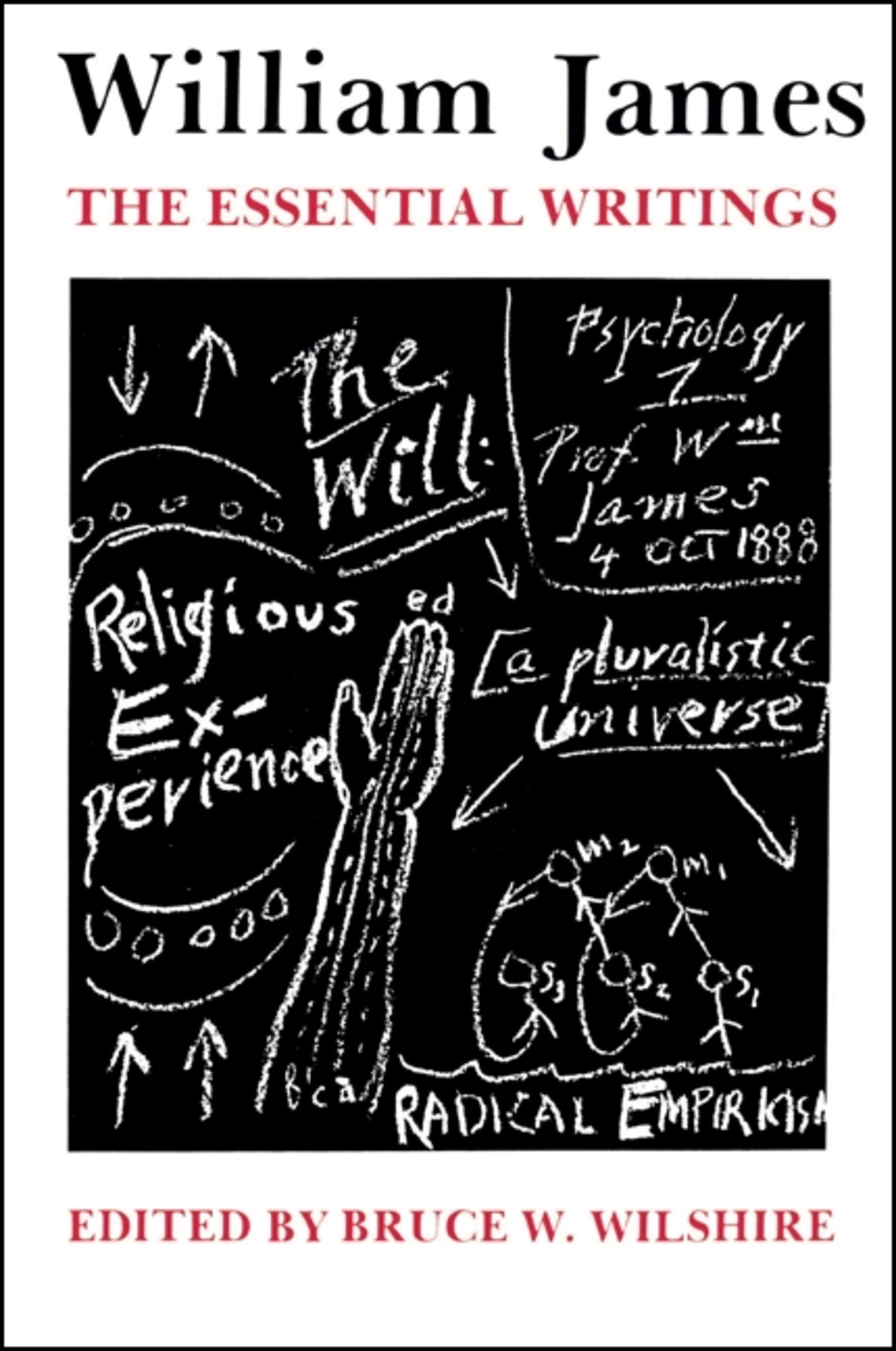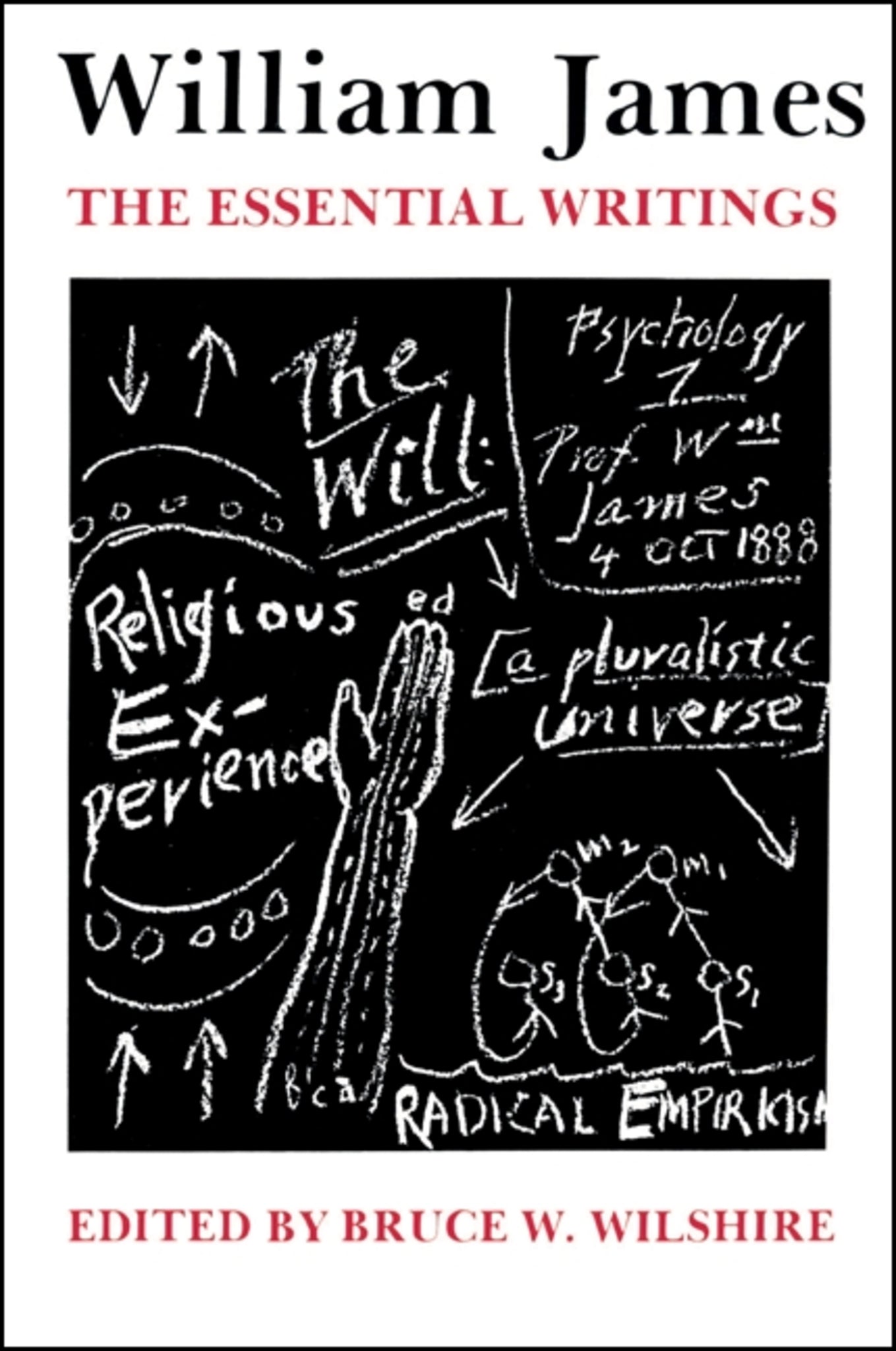We're sorry. An error has occurred
Please cancel or retry.
William James

Some error occured while loading the Quick View. Please close the Quick View and try reloading the page.
Couldn't load pickup availability
- Format:
-
30 June 1984

The importance of this collection of writings of William James lies in the fact that it has been arranged to provide a systematic introduction to his major philosophical discoveries, and precisely to those doctrines and theories that are of most burning current interest. William James: The Essential Writings is a series of philosophical arguments on some of the most "obscure and head-cracking problems" in contemporary philosophy; the relation of thought to its object; the interrelationships between meaning and truth; the levels and structures of experience; the degrees of reality; the nature of the embodied self; the relation of ethics, aesthetics, and religious experience to man's strenuously and "heroically" active nature; and, above all, the structurization of the experienced life-world as the validating ground and origin of all theory; Bruce Wilshire has provided an introduction to William James's thought on these and other related points which is at once both substantial and subtle.


Preface by James M. Edie
Introduction
1. From Some Problems of Philosophy
A. Philosophy and Its Critics
B. The Problems of Metaphysics
C. The Problem of Being
2. Remarks on Spencer's Definition of Mind as Correspondence
3. The Sentiment of Rationality
4. The Will
5. From The Principles of Psychology
A. The Stream of Thought
B. The Consciousness of Self
C. Conception: The Sense of Sameness
D. The Perception of Time
E. Sensation
F. The Perception of Space
G. The Perception of Reality
H. On 'Essence'
I. Necessary Truths and the Effects of Experience
6. From Essays in Radical Empiricism
A. Does 'Consciousness' Exist?
B. A World of Pure Experience
C. The Thing and Its Relations
D. How Two Minds Can Know One Thing
E. The Place of Affectional Facts in a World of Pure Experience
F. The Experience of Activity
G. Is Radical Empiricism Solipsistic?
7. From The Varieties of Religious Experience
A. Circumscription of the Topic
B. The Sick Soul
C. The Divided Self and the Process of Its Unification
D. Conversion
E. Mysticism
F. Philosophy
G. Conclusions
8. Humanism and Truth
9. A Dialogue (from The Meaning of Truth)
10. Address at the Emerson Centenary in Concord
11. The Moral Philosopher and the Moral Life
12. The Will to Believe
13. On a Certain Blindness in Human Beings
14. The Ph.D. Octopus
15. The Moral Equivalent of War
16. From A Pluralistic Universe
A. The Continuity of Experience
B. Conclusions



